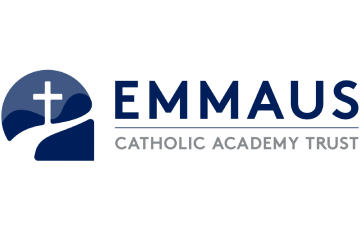Pupil Premium
Pupil Premium
The pupil premium grant is funding to improve educational outcomes for disadvantaged pupils in state-funded schools in England.
The following groups are eligible for pupil premium:
- pupils who are recorded as eligible for free school meals, or have been recorded as eligible in the past 6 years, including eligible children of families who have no recourse to public funds (NRPF)
- children looked after by local authorities, referred to as looked-after children
- children previously looked after by a local authority or other state care, referred to as previously looked-after children
Funding rates for financial year 2023-24
This table shows how the pupil premium grant is allocated to schools and local authorities in financial year 2023-24, based on per pupil rates.
|
Pupil eligibility criteria |
Amount of funding for each primary-aged pupil per year |
Amount of funding for each secondary-aged pupil per year |
Funding is paid to |
|
Pupils who are eligible for free school meals, or have been eligible in the past 6 years |
£1,455 |
£1,035 |
School |
|
Pupils previously looked after by a local authority or other state care |
£2,530 |
£2,530 |
School |
|
Children who are looked after by the local authority
|
£2,530 |
£2,530 |
Local Authority |
Pupil Premium at St Dunstan's
This additional funding for publicly funded schools in England is to raise the attainment of disadvantaged pupils and close the gap between them and their peers. The amount received is dependent on the number of children who are eligible and have claimed for free school meals at any time in the last six years. All schools are required to report on the amount of funding and how this is being used.
We are committed to supporting improved outcomes for our disadvantaged pupils. In order to help our disadvantaged pupils overcome their barriers to learning and be happy and successful at Woodlands and in their future lives, we are guided by the following principles.
- We have a whole school ethos of aspiration and attainment for all pupils and encourage all staff to convey positive and optimistic messages to our disadvantaged pupils.
- We have high expectations of everyone, from everyone and avoid stereotyping disadvantaged pupils as all facing the same barriers to learning or having less potential to succeed.
- We promote the power of positive, growth mindsets in our disadvantaged pupils to help inspire them to see and strive to meet their full potential.
- We have an unerring focus on the quality of teaching and learning in order to meet the needs of all our pupils
- We utilise evidence (especially the Education Endowment Foundation Toolkit) to decide which strategies are likely to be most effective in overcoming the barriers to learning.
- We deploy staff effectively to work with pupils who need the most support and training is provided where this is necessary to support pupils' learning.
- We have systems in place which carefully monitor, manage and support good behaviour and attendance for all our pupils. If poor attendance is an issue, this is addressed as a priority.
- Our teachers and leaders collect, analyse and use data to identify pupils' learning needs and review progress regularly. Underperformance is addressed rapidly through additional support and interventions.
- Every effort is made to engage and empower parents and carers in the education and progress of their child.
- We believe in creating opportunities for our Pupil Premium-eligible children through extra-curricular activities and additional classroom or school-wide roles and responsibilities to promote a sense of belonging and connectedness in our school.
- We aim to instil an enduring passion for learning in all our pupils by providing a strong grounding in English and mathematics and a broad base of skills and knowledge acquired across our rich and varied curriculum.
For more details on the pupil premium please look at our 3 year statement.
 St Dunstan's School
St Dunstan's School









